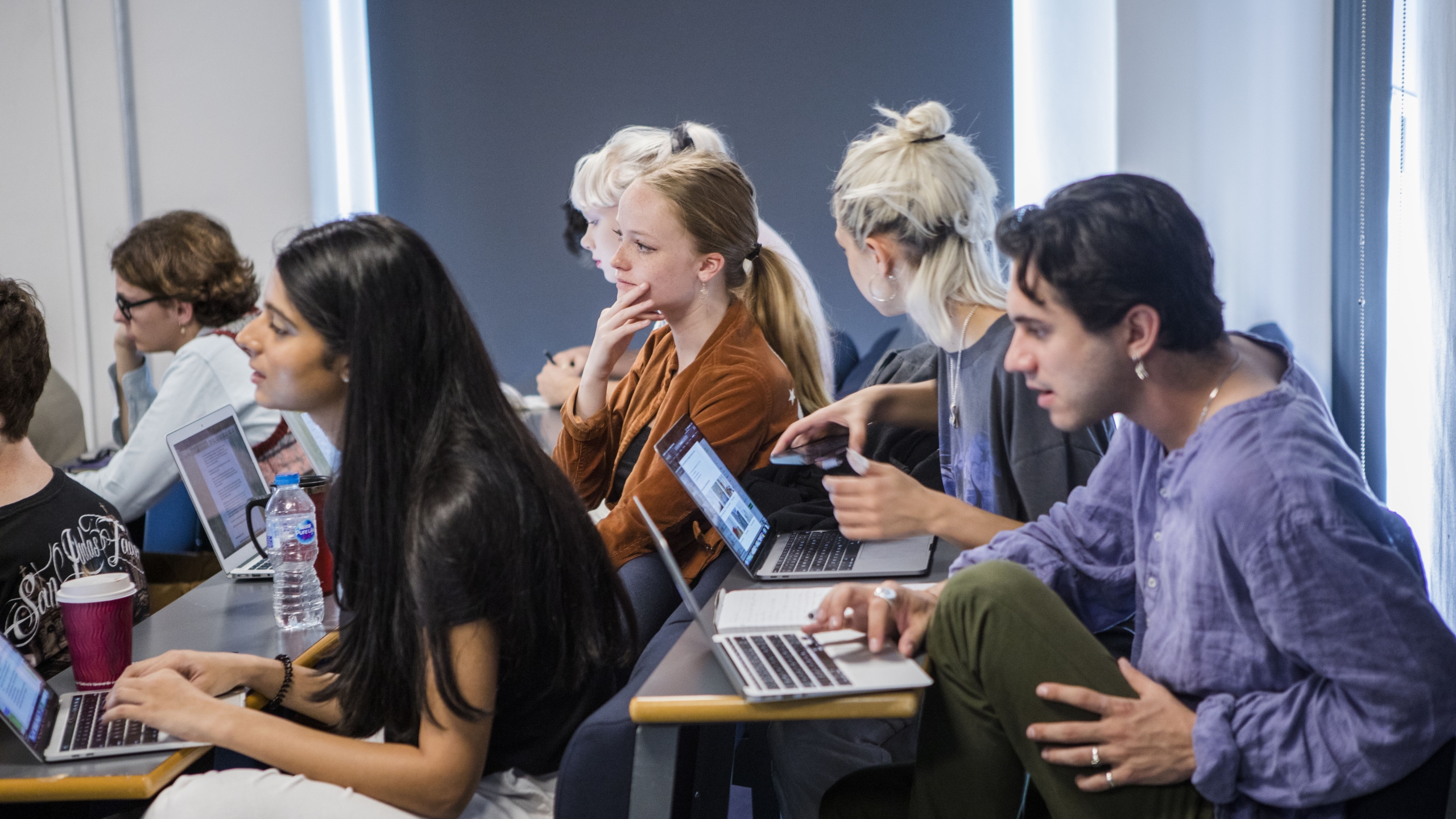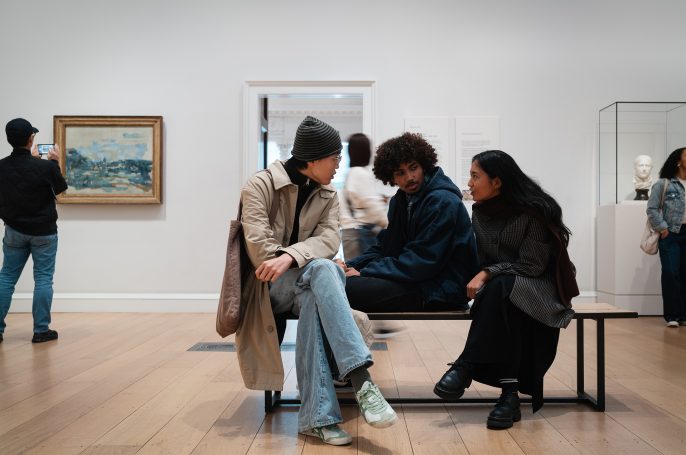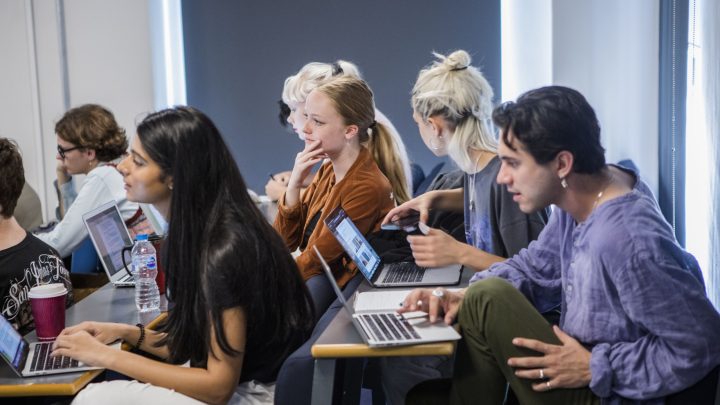
Before you travel to the UK
Accommodation
Student Accommodation
You may have already explored our own Student Accommodation options when deciding where to live. If you haven’t we recommend researching these options first.
External Student Accommodation
Other student-focused options include:
International Students House provides accommodation to students from around the globe, and fosters a safe and international community.
Goodenough College offers accommodation to Postgraduate students only.
UNITE provides accommodation across London and the UK, open to both Undergraduate and postgraduate students at any level of study.
Private Accommodation
Alternatively, you may wish to rent private, non-student specific accommodation, such as your own flat, or in a house share with other students or young professionals. Typically, private rental agreements are at a minimum of 12 months’, and though they are often more expensive, there are multiple options available.
It’s important to conduct thorough research, both in to the local area, the estate agent/realtor advertising the property, and the landlord or managing company. Renting scams are unfortunately a possibility, so always be diligent when considering private options.
We recommend visiting UKCISA’s page on Accommodation for international students, to help you in your search.
Other resources include University of London’s Housing Services, and Private Housing Guide.
Healthcare
As an international student studying a full time programme on a visa, you are eligible for access to healthcare in the UK, under the NHS (National Health Service).
Access to the NHS is available for student visa holders as you are required to pay the IHS (immigration health surcharge) as part of the visa application, the cost of which depends on the length of your course. More detail on the IHS is available on the UK’s government website here.
As you will have full access to the UK healthcare system, you do not need private healthcare insurance. However, you may take out insurance if you wish.
For more information on accessing healthcare as an international student, please visit the UKCISA website.
Opening a Bank Account
We advise international students to open a bank account in the UK, as this is by far the safest and most effective way of managing your money. It is also easier if you plan to work during your studies (students on a student visa may typically work up to 20 hours per week), as most employers pay wages directly into a UK bank account.
Different banks have different requirements for opening an account. Some you can open in advance of arriving, otherwsie require you to be physically in the UK and enrolled as a student. If they require a letter from the Courtauld, please note this can only be provided once you are in the UK and enrolled on your course.
You will have no trouble opening a basic bank account as an international student, but you will likely not be given any form of credit, so you will be without an overdraft facility, chequebook and credit card from your UK bank.
There are several banks in easy reach of The Courtauld, so you should do some research into which banks offer accounts which meet your needs. Some of the banks with nearby branches are:
HSBC
Lloyds
Nationwide Building Society
Santander
Natwest
There are some online banking apps you may be able to open an account without a bank letter from us, however, you may have to be in the UK to be eligible to open the account and they do not offer student bank accounts.
Monzo
Starling Bank
Revolut
It’s worth exploring different offers to find the best option for you. For opening a student account, different banks offer additional incentives. In the past, incentives have included a fee-free overdraft entitlement or a free railcard for discounted train tickets.
Transport
Airports
There are three major airports in and around London: Heathrow, Luton & Gatwick.
When researching flights, we recommend opening a new tab in a Private browser and visiting websites such as SkyScanner to explore available flights and find the best deal.
Travelling from the airport
Though you may not be able to fly to your preferred airport, they all conveniently have train stations that can get you to where you need to go once you land. Apps such as Citymapper are incredibly useful for navigating your way around London when you first arrive (and it’s completely free!).
You may also use a taxi, uber or coach (if available for your destination), but these can be more expensive than public transport.
The Tube
The London Underground is our subway system and the most common mode of transport around the city. Please note these are not available 24/7, and the majority of lines close overnight.
Bus
Regular buses are also available, though like the Underground service these are not 24/7.
What to pack
Most airlines will only allow passengers to check one suitcase for international flights. You will want to check with your airline to verify their requirements, as they will charge for any additional or overweight baggage. You will normally be allowed one carry-on item with no weight restriction, though it must meet size requirements. It is useful to weigh your luggage at home to avoid having to re-pack at the airport or leaving things behind.
The weather in the UK is usually mild year-round, though recent winters have been cold (and snowy), so you may find it useful to bring a few warm clothes. An umbrella and footwear suitable for walking in wet weather are a must, especially in the months leading up to winter, and, as previously mentioned, you will want to invest in a bag with a secure closure to keep your belongings safe. As a September starter, you’ll be arriving at the end of summer, on the cusp of Autumn. Though it may be sunny and warm when you arrive, you’ll soon find the weather can change quickly here in the UK. So ensure you have clothes for all weather conditions!
Bed linen will not be provided with your accommodation; however, pots and pans, dishes, cutlery, etc. are normally available, even in privately rented accommodation. Any electrical appliances (laptop, hair dryer, etc.) will require a power converter and UK plug adapter (not the same as a European plug adapter), which are usually available in any store that sells luggage. Batteries are universal.
You can arrange international shipping for any belongings you can’t bring personally, but we would recommend purchasing additional protection for any shipped items. Alternatively, once you’re here in London you’ll be able to acquire almost anything you may need or want!
Mobile phones
Unless you are planning to stay in the UK long-term, you should consider purchasing an inexpensive pay-as-you-go phone. Most carriers provide plans which will allow you to call home cheaply (as little as 3 pence per minute). If you wish to do some research ahead of time, some of the main mobile phone providers in the UK are:
GiffGaff — giffgaff.com
3 — three.co.uk
O2 — O2.co.uk
EE — ee.co.uk
Vodafone — vodafone.co.uk
Like banks, different phone providers offer additional benefits. It is always worth shopping around to find the best deal for you.
You can also consider purchasing an esim, which acts as a digital sim card for you to use in the UK on your current phone alongside your physical sim.






